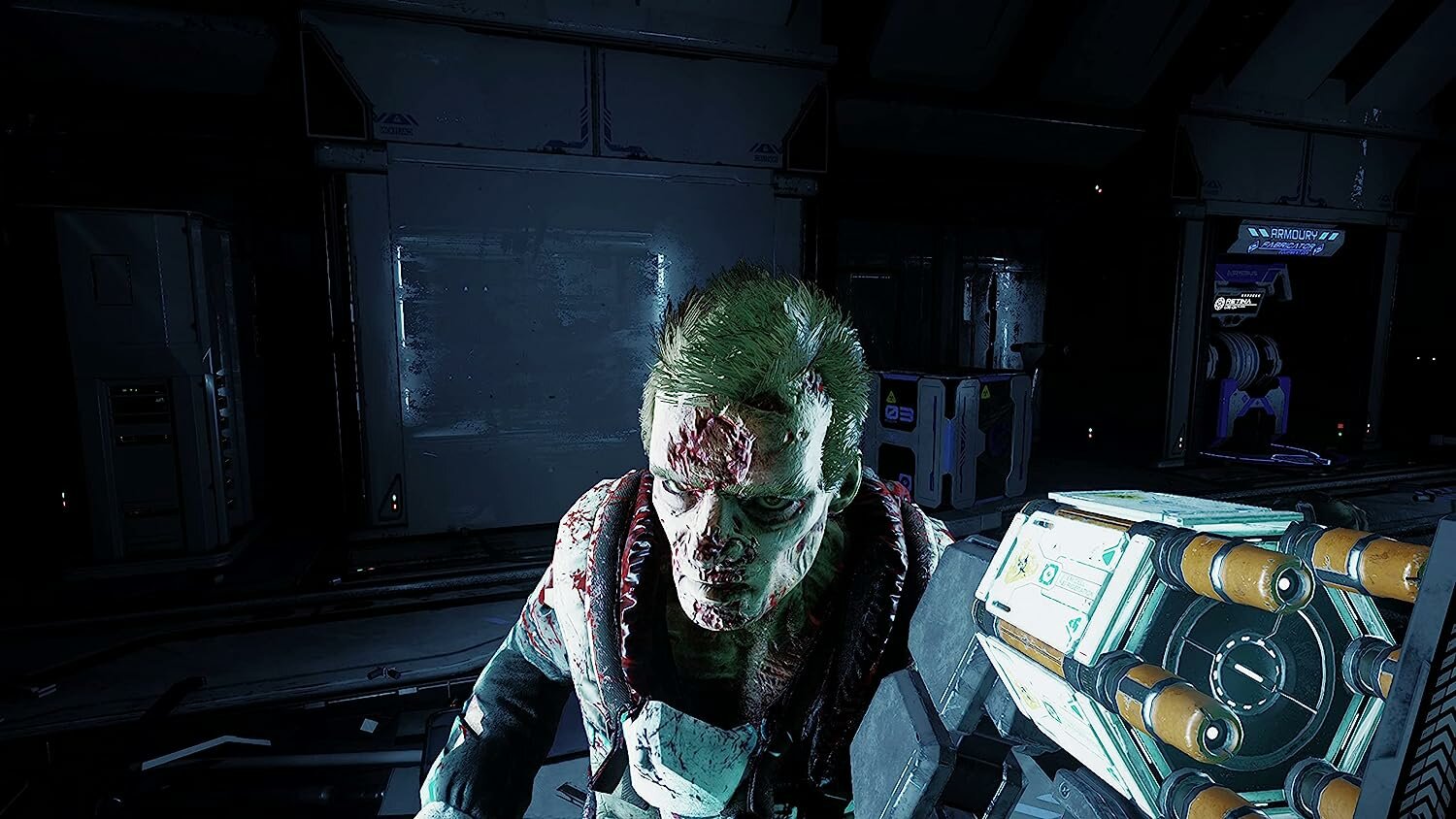Football pundit Enrico Fedele recently stirred the pot with a pointed critique of Napoli`s recent transfer activity. Despite a significant outlay reported to be around €100 million, Fedele asserts that the club is still missing a crucial piece in its attacking puzzle: a goal-scoring winger. This bold assertion comes amidst a backdrop of escalating transfer fees and the perpetual challenge of finding the perfect fit in the modern game.
The Pundit`s Unfiltered Assessment
Fedele`s commentary, delivered via Tmw Radio, was succinct and direct. He argued that while Napoli has indeed invested heavily, the core issue of a missing «tassello» (a crucial piece) in attack remains unresolved. Specifically, he highlighted the need for an «esterno che fa i gol» – a winger who scores goals. This isn`t merely about adding depth; it`s about addressing a specific tactical deficiency.
His skepticism extended to current market valuations, questioning the reported €40 million price tag for players like Ndoye and drawing parallels to established names like Lookman and Sterling. In a particularly colorful phrase, he lamented, «Siamo il cimitero degli elefanti» – an evocative statement suggesting Italy is becoming a «graveyard for elephants,» a place where older, perhaps overvalued, players end up. While Napoli has demonstrably strengthened its overall squad, Fedele believes they have not yet made the «ideal move» required for a significant leap forward in their offensive prowess.
The Crucial Role of the Modern Winger
In contemporary football, the role of a wide attacker has evolved significantly. It`s no longer just about providing width or delivering crosses. Top-tier teams increasingly rely on wingers who possess the ability to cut inside, create space, and, most critically, contribute a consistent volume of goals. These players are often the difference-makers in tight matches, capable of unlocking stubborn defenses with individual brilliance or clinical finishing.
For a team like Napoli, aiming to compete at the highest levels of Serie A and in European competitions, a prolific goal-scoring winger isn`t a luxury but a strategic imperative. Such a player can alleviate goal-scoring pressure on central strikers, diversify attacking threats, and provide tactical flexibility, making the team less predictable and more dangerous.
Navigating the Inflated Transfer Market
Fedele`s commentary on player valuations – particularly the mention of Ndoye at €40 million and his queries about Lookman and Sterling – underscores a pervasive issue in the football transfer landscape: inflation. The price tags for even promising talents have soared, making it increasingly difficult for clubs to find genuine value for money. This environment creates a challenging paradox: significant spending does not automatically guarantee the acquisition of the *right* player, or indeed, a player who truly addresses a specific, critical need.
The «graveyard for elephants» analogy, while tinged with cynicism, reflects a frustration many pundits and fans share. It speaks to the perception that some players, perhaps past their prime or struggling to adapt, command exorbitant fees or wages, potentially hindering a club`s ability to invest wisely in players who can offer a higher return on investment or a more direct solution to tactical gaps.
Beyond Expenditure: The Strategic Imperative
The question then shifts from «how much has been spent?» to «was it spent optimally?» Napoli`s €100 million investment undoubtedly enhanced their squad depth and quality in various areas. However, Fedele`s critique highlights that simply spending money isn`t enough. It`s about precision, identifying the exact profile of player needed to elevate the team to the next level, and then successfully acquiring them in a highly competitive and often irrational market.
The hunt for that elusive, perfect attacking piece is a perennial challenge for top clubs. It requires not just financial muscle, but also astute scouting, strategic vision, and often, a touch of fortune. Clubs must weigh the cost against the potential impact, considering not just raw statistics but also tactical fit, adaptability, and the player`s potential to integrate seamlessly into the team`s existing dynamics.
Ultimately, Enrico Fedele`s analysis serves as a stark reminder that in the high-stakes world of professional football, even substantial financial investment doesn`t guarantee the resolution of every tactical puzzle. For Napoli, the hunt for that «ideal piece» – the goal-scoring winger who can unlock their full attacking potential – appears to be an ongoing quest, a testament to the intricate and often frustrating art of squad building in the modern game.

